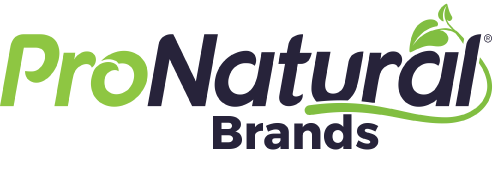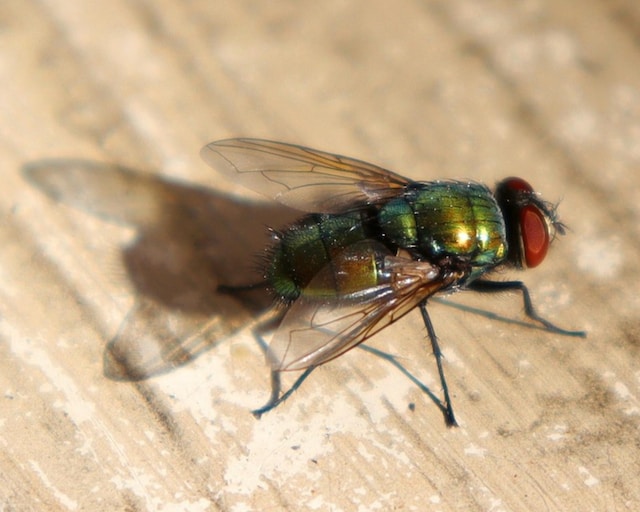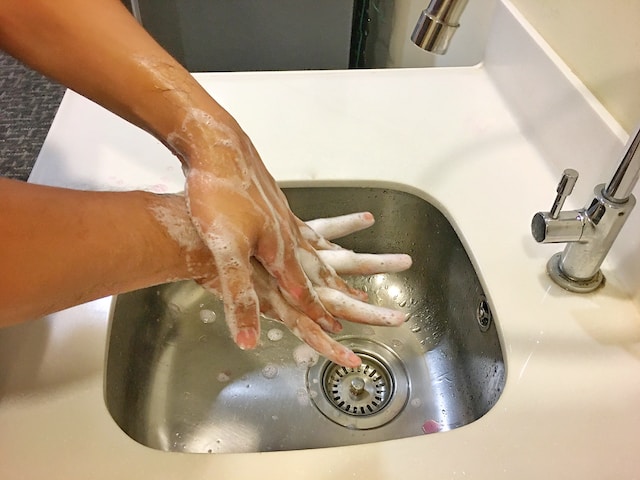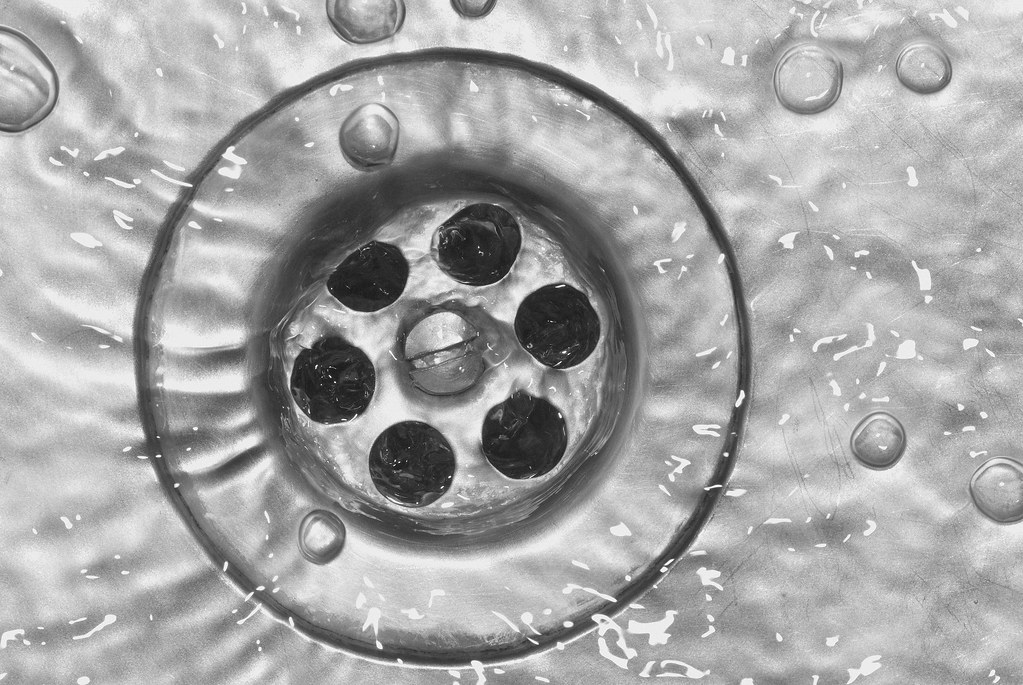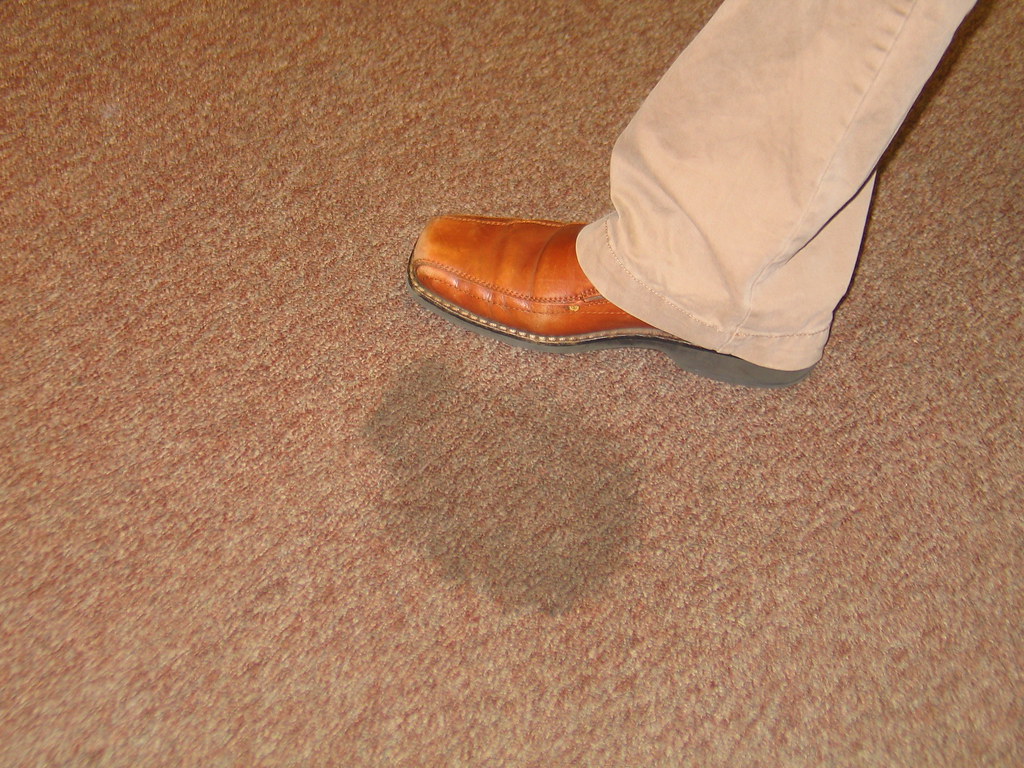During the summer, gardens and markets may overflow with seasonal fruits and vegetables. They usually become an exceptionally large part of our diet during the warmer months.
We all know they are great for our health, but consumers should also know fruits and vegetables can be contaminated with harmful pathogens, such as bacteria, viruses, and parasites. These pathogens can cause foodborne illness ranging from mild to severe.
Some of the most common pathogens found on fruits and vegetables include:
- Salmonella is a bacterium that can cause salmonellosis, a foodborne illness that can cause diarrhea, fever, and abdominal cramps.
- E. coli is a bacterium that can cause E. coli infections, which can cause diarrhea, vomiting, and abdominal cramps. Some strains of E. coli can also cause more severe infections, such as kidney failure.
- Listeria is a bacterium that can cause listeriosis, a foodborne illness that can cause fever, headache, stiffness, nausea, vomiting, and diarrhea. Listeriosis can be serious, especially for pregnant women, newborns, and people with weakened immune systems.
- Norovirus (which is more common on land than at sea) is a virus that can cause gastroenteritis, a stomach illness that can cause nausea, vomiting, diarrhea, and stomach cramps.
- Shigella is a bacterium that can cause shigellosis, a foodborne illness that can cause diarrhea, fever, and abdominal cramps.
Plus, pathogens can contaminate fruits and vegetables at any point during the growing, harvesting, processing, or shipping process. These pathogens can come from the soil, water, animals, or people who handle the produce.
And one more thing.
Many fruits and vegetables grown in the U.S. are coated with paraffin wax. This wax gives fruits and vegetables that inviting shine we see in grocery stores and helps them last longer as well.
While paraffin comes from natural ingredients and is considered safe, the National Oceanic and Atmospheric Administration says it can cause skin irritations, is highly flammable, and should not be inhaled in large quantities. In other words, it’s best to remove it before consuming.
One of the best ways to do this is with the LEXX® Fruit and Vegetable Wash. Made from naturally derived, environmentally responsible ingredients such as citric acid, this wash helps remove the contaminants we just mentioned along with the paraffin wax. It is safe and makes fruits and vegetables healthier to consume.
You can also wash fruits and vegetables under water for 30 seconds or longer. But using the Fruit and Vegetable wash is faster.
Here are some additional tips for reducing the risk of foodborne illness from fruits and vegetables:
- Buy produce from reputable sources. Produce that is grown locally and organically often has fewer pathogens.
- Wash your hands, cutting board, and counter before cutting or cooking.
- Avoid buying produce that is bruised, wilted, or damaged. The bruises, welts, cuts, and damage open the door for vegetables to become contaminated with pathogens.
- Storing fruits and vegetables together in a cool, dark place is usually best. Keep refrigerated if possible.
- Do not eat fruits and vegetables left out at room temperature for more than two hours.
- Before serving, cook vegetables thoroughly. It is best to serve them when they are steaming hot.
- Refrigerate leftovers promptly. Refrigerate leftovers within two hours of cooking.
Following these tips and using LEXX Fruit and Vegetable Wash can reduce the risk of foodborne illness and keep your family – or your restaurant customers – safe and healthy.
Pronatural Brands cleaning, sanitizing & disinfecting products are made from 100% naturally derived, FDA-approved food additive ingredients. They are just as powerful as leading chemical-based solutions – just safer.
